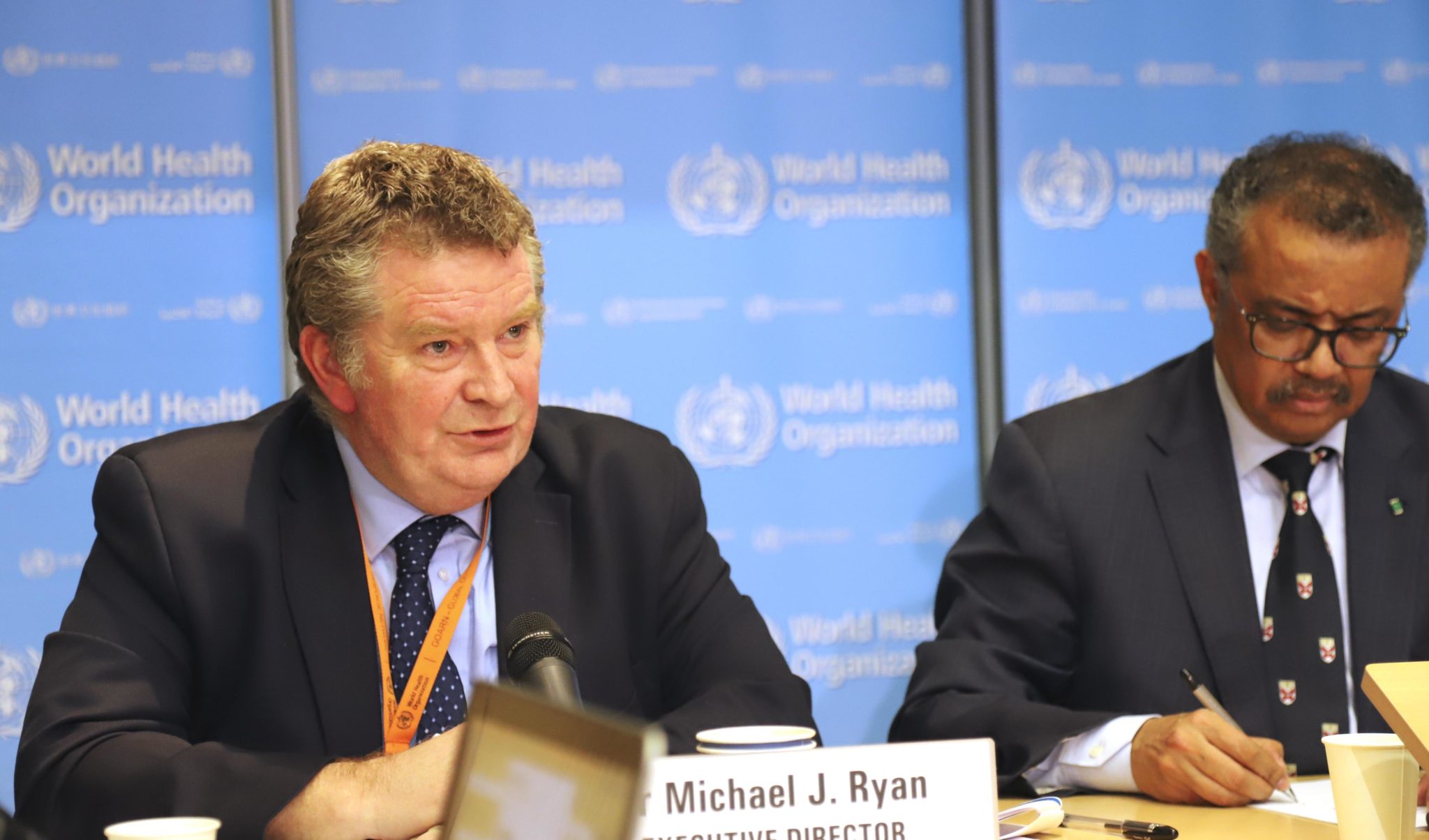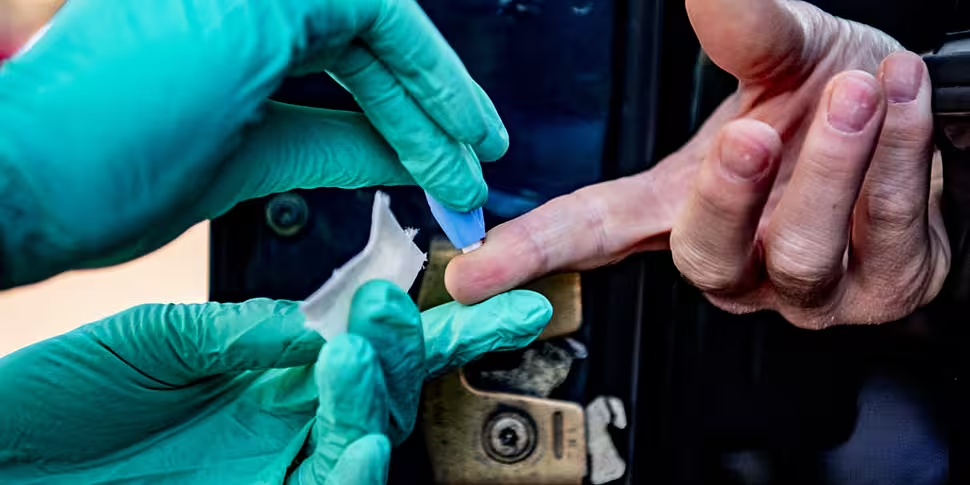The World Health Organisation has warned that there is no evidence proving that people who have recovered from COVID-19 have immunity to the virus.
It comes as some countries prepare to begin widespread testing for antibodies to determine how many people have recovered from the virus.
The UK government has purchased 3.5 serology tests to measure levels of antibodies in the bloodstream.
However, WHO epidemiologists have warned that it is too early to tell whether people who have been infected can be infected again.
Speaking at a news conference in Geneva, Dr Maria van Kerkhove said: “There are a lot of countries that are suggesting using rapid diagnostic serological tests to be able to capture what they think will be a measure of immunity.
“Right now, we have no evidence that the use of a serological test can show that an individual has immunity or is protected from reinfection.”
She said it was “a good thing” that so many tests are being developed, but said they will need to be validated “so that we know what they say they attempt to measure they are actually measuring.”
The tests are generally pinprick blood tests similar to those used to test for HIV.
 Dr Michael Ryan (L), executive director of the World Health Organization (WHO) Health Emergencies Program, addresses a press conference in Geneva, 20-02-2020. Image: Chen Junxia/Xinhua News Agency/PA Images
Dr Michael Ryan (L), executive director of the World Health Organization (WHO) Health Emergencies Program, addresses a press conference in Geneva, 20-02-2020. Image: Chen Junxia/Xinhua News Agency/PA ImagesDr Michael Ryan, Executive Director of the WHOs Health Emergencies Programme said there are “serious ethical issues” with using the antibody tests to determine immunity.
“We need to address it very carefully, we also need to look at the length of protection that antibodies might give,” he said.
“You might have someone who believes they are seropositive (have been infected) and protected in a situation where they may be exposed and in fact, they are susceptible to the disease.”
He said the tests must be used as part of a coherent public health policy. The WHO is due to issue updated guidance on the issue this weekend.









